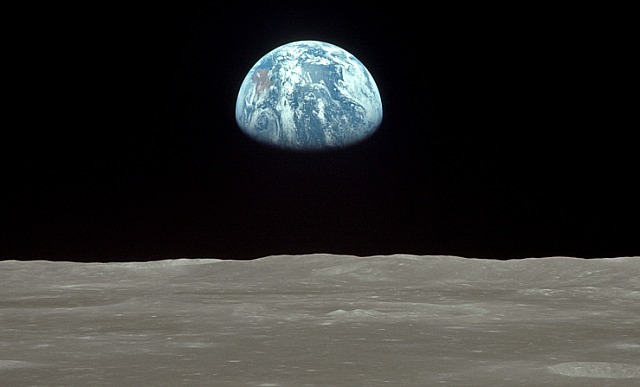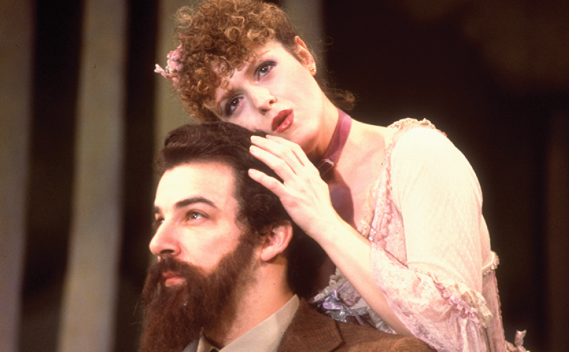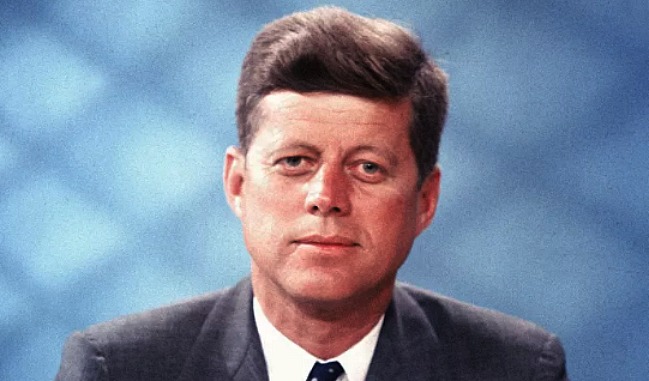“The tools of conquest do not necessarily come with bombs and explosions. There are weapons that are simply thoughts, attitudes, prejudices. For the record, prejudices can kill and suspicion can destroy, and a thoughtless search for a scapegoat has a fall-out all its own. And the pity of it is that these things cannot be confined to the Twilight Zone.”
Just as Republican dirty-trickster Lee Atwater offered death-bed apologies for his attack-dog zeal in ruthlessly torpedoing Democratic opponents (including Michael Dukakis and Gary Hart), the day will come when certain “woke”-sters will be experiencing similar guilt pangs and looking to explain their Salem-witch-trial attitudes, and specifically for having helped to eliminate or smother or otherwise push out of the way those who were fingered as imperfect or flawed or insufficiently woke.
“Weinstein, Moonves, Louis C.K. and the others…good riddance,” some former SJW will say from his or her hospital bed in 2053. “The 20-teens ignited a cultural sea-change that was necessary and cleansing, and I’m enormously proud of that. But I didn’t mean to be so zealous in going after those who didn’t live up to the woke paradigm outside the sexual harassment and assault realm.
“I wasn’t trying to hurt anyone, not really — I just felt that society needed to be more inclusive and Hollywood product to be more representational, and I felt at the time that ruining the lives of certain people who didn’t seem to be ‘on the team’…I felt that destroying a few careers was a reasonable price to pay for making the world into a better, fairer place. Like a lot of others at the time, I was using the age-old rationale that ‘you can’t make an omelette without breaking a few eggs.’ But I’m sorry now. I didn’t intend things to get out of hand.”





